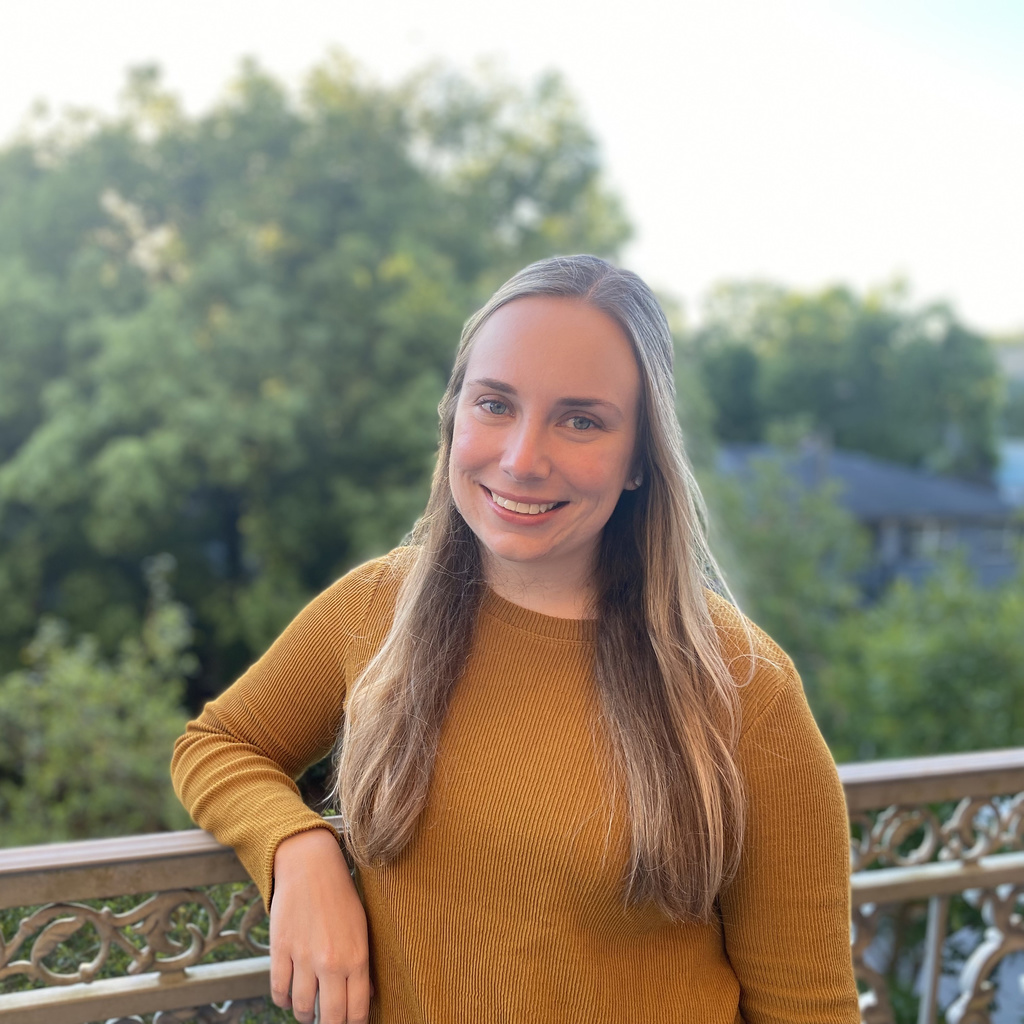Upcoming Events

Application Deadline: Small Important Project Grants
Friday, May 8, 2026 5:00pm
This new Obermann Center program offers modest yet swift support for those portions of research and creative endeavors by UI scholars that are important toward advancing a project but do not have enough funding from other sources. We will grant ten awards of $500 or less per academic year. Note that funds need to be spent by June 30 of each year.
Eligibility: Open to all University of Iowa faculty and staff researchers
Graduate students: Note that the Graduate College offers Small Grants for the...
Pagination
Spacer
Upcoming Application Deadlines
Upcoming Application Deadlines
News

Data Justice for Flint: Seamster Leads Effort to Build Accessible Archive with Humanities Without Walls Grand Research Challenge Project
For seven years, the Obermann Center has been a partner in the Mellon-funded Humanities Without Walls consortium led by Professor Antoinette Burton at the University of Illinois Urbana-Champaign. Our graduate students have attended HWW’s Career Diversity Summer Workshops, and several faculty members have worked with cross-institutional Grand Research Challenge teams. This year, we are delighted that Assistant Professor Louise Seamster (Departments of Sociology & Criminology and African American Studies) was selected as the P.I. of a team focused on "The Flint Water Disaster Public Archive."
The ”Flint Water Disaster Public Archive” will re-home public data that has been largely inaccessible to Flint communities—a form of data justice that is of urgent relevance to the history, present, and future of those communities. The project is a collaboration among the University of Iowa, University of Michigan–Flint, and the Flint Democracy Defense League.
Below is Obermann Assistant Director Lauren Burrell Cox’s interview with Louise Seamster about the project.

Obermann Center symposium’s ‘Frequências’ film festival explores Afro-Brazilian cinema
The door of no return; the reinvention of belonging; Blackness in Brazil; these topics and more were the focus of this year’s Obermann Humanities Symposium. Presented in Iowa City by the Obermann Humanities Symposium & International Programs Major Project Award, the “Frequências” festival displayed lectures, cinema screenings, interventions, exhibits, and performances by contemporary Afro-Brazilian artists and scholars discussing Black diaspora.

Building Bridges: The MOSTRA Brazilian Film Festival
Cris Lira: Tell us a little bit about yourself and how the idea for the Mostra: Brazilian Film Series has started.
Ariani Friedl: I am Brazilian, 'gaúcha' (RS), and I have been living in the United States for over 50 years. I worked at the University of Illinois @ Chicago for over 20 years as Director of the John Nuveen Center for International Affairs. I was a member of the Board of Directors of the International Latino Cultura Center for over 15 years and also organized the Chicago Latino Film Festival in 2006 when our Director was on a leave of absence. I have the fortune of meeting many of our Brazilian filmmakers who attended the Latino Festival which always brings 3 - 4 Brazilian films. The question always posed by our Brazilian filmmakers was: "How can we better publicize and where else can we show our Brazilian cinema in the United States?" The idea of creating a festival with only Brazilian films in the Chicago area was born from this and it developed with another idea of bringing films with social conscience to be discussed in universities and other cultural and educational centers.
C.L.: Could you please tell us how do you select the films to be featured in the series?
A.F.: I bring to our festival every year, different Brazilian film critics and filmmakers. I also have collaborators in SP who attend many of our film festivals in Brazil and help me collect a list of films with relevant social content, and also films related to our culture (art, music, literature, dance...), history, environment, etc... We compile these in a document with trailers and synopses and present them to my Curatorial Committee (composed of professors, critics, and experts in cinema) for a decision in which films we will invite to our festival.

Lauren Burrell Cox is Obermann's New Assistant Director!
We're happy to announce that Lauren Burrell Cox has become Obermann's new Assistant Director! She'll be working with our director, Teresa Mangum, to design, plan, promote and conduct programs and to oversee communications for the Center.

Frequências Symposium: A Discussion with Three Co-organizers
Taking Brazil’s new Black cinema as its point of departure, Frequências: Contemporary Afro-Brazilian Cinema & the Black Diaspora will feature the emerging wave of young Afro-Brazilian filmmakers, curators, programmers, and scholars whose art and scholarship have already had an impact on international cinema.
Organized by Christopher Harris, Janaína Oliveira, and Cristiane Lira, this 2022-23 Obermann Humanities Symposium and International Programs Major Projects Award takes place March 30 – April 1, 2023, in Iowa City.
Below is a discussion with Harris, Oliveira, and Lira.

Frequências symposium a historical gathering of Brazilian filmmakers and scholars on the UI campus
Taking Brazil’s new Black cinema as its point of departure, Frequências: Contemporary Afro-Brazilian Cinema & the Black Diaspora brings together filmmakers, artists, scholars, and critics from across the globe to explore new ways of thinking about the Black diaspora.
This 2022-23 Obermann Humanities Symposium and International Programs Major Projects Award takes place March 30 – April 1, 2023, in Iowa City. Organized by Christopher Harris, F. Wendell Miller associate professor of cinematic arts at the University of Iowa; Janaína Oliveira, curator and researcher at the Federal Instituto of Rio de Janeiro; and Cristiane Lira, supervisor of Portuguese at the University of Georgia, the symposium will feature the emerging wave of young Afro-Brazilian filmmakers, curators, programmers, and scholars whose art and scholarship have already had an impact on international cinema.
Pagination








